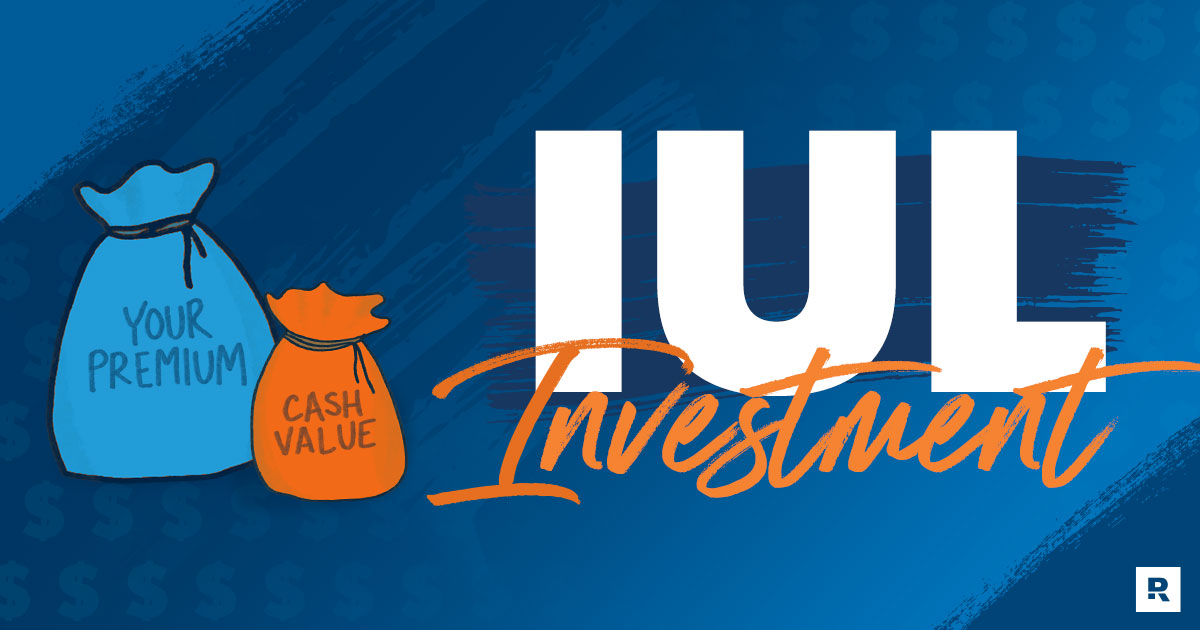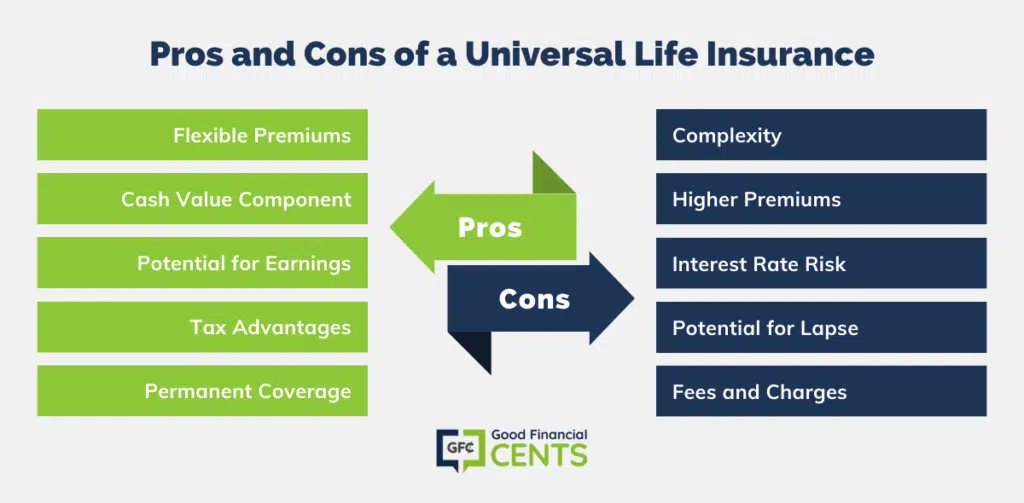All Categories
Featured
Table of Contents
1), often in an effort to defeat their category averages. This is a straw male debate, and one IUL people love to make. Do they compare the IUL to something like the Lead Total Amount Stock Exchange Fund Admiral Show to no lots, an expenditure proportion (EMERGENCY ROOM) of 5 basis factors, a turnover ratio of 4.3%, and an outstanding tax-efficient record of circulations? No, they contrast it to some dreadful actively handled fund with an 8% lots, a 2% EMERGENCY ROOM, an 80% turn over ratio, and a horrible document of short-term capital gain circulations.
Common funds often make annual taxed distributions to fund proprietors, even when the worth of their fund has actually decreased in value. Mutual funds not just require revenue coverage (and the resulting annual taxation) when the common fund is going up in worth, however can additionally impose revenue tax obligations in a year when the fund has actually decreased in worth.
That's not how mutual funds function. You can tax-manage the fund, collecting losses and gains in order to minimize taxable circulations to the investors, however that isn't somehow going to transform the reported return of the fund. Just Bernie Madoff types can do that. IULs stay clear of myriad tax traps. The possession of common funds may need the common fund proprietor to pay approximated tax obligations.

IULs are easy to place to ensure that, at the proprietor's death, the beneficiary is exempt to either revenue or estate taxes. The same tax obligation decrease techniques do not function almost as well with mutual funds. There are various, typically pricey, tax catches related to the timed buying and selling of common fund shares, traps that do not relate to indexed life insurance policy.
Opportunities aren't really high that you're going to undergo the AMT because of your mutual fund distributions if you aren't without them. The rest of this one is half-truths at ideal. While it is real that there is no revenue tax due to your beneficiaries when they acquire the earnings of your IUL plan, it is additionally true that there is no income tax due to your heirs when they inherit a common fund in a taxable account from you.
Equity Indexed Universal Life
There are better methods to prevent estate tax obligation concerns than getting financial investments with low returns. Shared funds may create income taxes of Social Protection benefits.

The development within the IUL is tax-deferred and may be taken as tax complimentary earnings using financings. The plan owner (vs. the mutual fund manager) is in control of his/her reportable revenue, hence allowing them to lower or even eliminate the tax of their Social Safety and security benefits. This one is excellent.
Right here's an additional very little concern. It holds true if you acquire a mutual fund for state $10 per share prior to the distribution date, and it disperses a $0.50 circulation, you are then mosting likely to owe taxes (possibly 7-10 cents per share) regardless of the reality that you haven't yet had any kind of gains.
In the end, it's truly regarding the after-tax return, not exactly how much you pay in tax obligations. You're likewise most likely going to have more cash after paying those tax obligations. The record-keeping needs for possessing shared funds are dramatically extra complicated.
With an IUL, one's documents are maintained by the insurance policy business, copies of yearly declarations are mailed to the owner, and circulations (if any type of) are totaled and reported at year end. This is additionally type of silly. Obviously you must keep your tax records in situation of an audit.
Iul Quote
Rarely a factor to purchase life insurance coverage. Shared funds are frequently component of a decedent's probated estate.
Additionally, they go through the hold-ups and costs of probate. The proceeds of the IUL plan, on the other hand, is always a non-probate circulation that passes outside of probate directly to one's called recipients, and is therefore not subject to one's posthumous lenders, undesirable public disclosure, or similar hold-ups and expenses.
We covered this one under # 7, however just to recap, if you have a taxed shared fund account, you should put it in a revocable trust (or even less complicated, utilize the Transfer on Death classification) to avoid probate. Medicaid disqualification and lifetime revenue. An IUL can offer their proprietors with a stream of income for their whole life time, no matter how long they live.

This is useful when arranging one's affairs, and converting properties to revenue before a retirement home confinement. Shared funds can not be converted in a comparable way, and are virtually always thought about countable Medicaid assets. This is another dumb one advocating that inadequate people (you understand, the ones that need Medicaid, a federal government program for the poor, to spend for their assisted living home) need to utilize IUL as opposed to common funds.
How Does Index Universal Life Insurance Work
And life insurance coverage looks dreadful when contrasted rather versus a pension. Second, people who have cash to acquire IUL over and past their retired life accounts are going to have to be horrible at managing money in order to ever get approved for Medicaid to pay for their nursing home expenses.
Persistent and terminal disease biker. All policies will certainly permit an owner's easy accessibility to cash money from their plan, frequently forgoing any kind of abandonment charges when such people suffer a major disease, require at-home treatment, or end up being confined to an assisted living home. Shared funds do not provide a similar waiver when contingent deferred sales fees still put on a common fund account whose proprietor needs to offer some shares to money the expenses of such a stay.
Universal Insurance Logo
You get to pay even more for that benefit (cyclist) with an insurance coverage policy. What a lot! Indexed global life insurance coverage gives death benefits to the recipients of the IUL proprietors, and neither the proprietor nor the recipient can ever shed money because of a down market. Mutual funds give no such assurances or fatality benefits of any type of kind.
I definitely do not require one after I get to economic self-reliance. Do I want one? On standard, a buyer of life insurance policy pays for the true price of the life insurance advantage, plus the expenses of the plan, plus the revenues of the insurance coverage company.
Universal Life Insurance Cash Value Calculator
I'm not completely sure why Mr. Morais included the entire "you can not lose money" once again here as it was covered rather well in # 1. He just intended to repeat the very best marketing point for these points I expect. Again, you do not shed small dollars, yet you can shed real dollars, along with face severe opportunity price due to low returns.

An indexed universal life insurance policy proprietor might trade their policy for a completely different policy without triggering earnings tax obligations. A mutual fund owner can not move funds from one mutual fund business to another without marketing his shares at the previous (thus triggering a taxable occasion), and repurchasing new shares at the latter, often subject to sales fees at both.
While it holds true that you can exchange one insurance policy for an additional, the factor that people do this is that the first one is such a horrible plan that even after acquiring a brand-new one and experiencing the early, negative return years, you'll still come out in advance. If they were sold the ideal plan the very first time, they shouldn't have any kind of desire to ever exchange it and undergo the early, adverse return years once again.
Latest Posts
Term Life Insurance Vs Universal
Top Iul Carriers 2020
Variable Universal Life Vs Indexed Universal Life